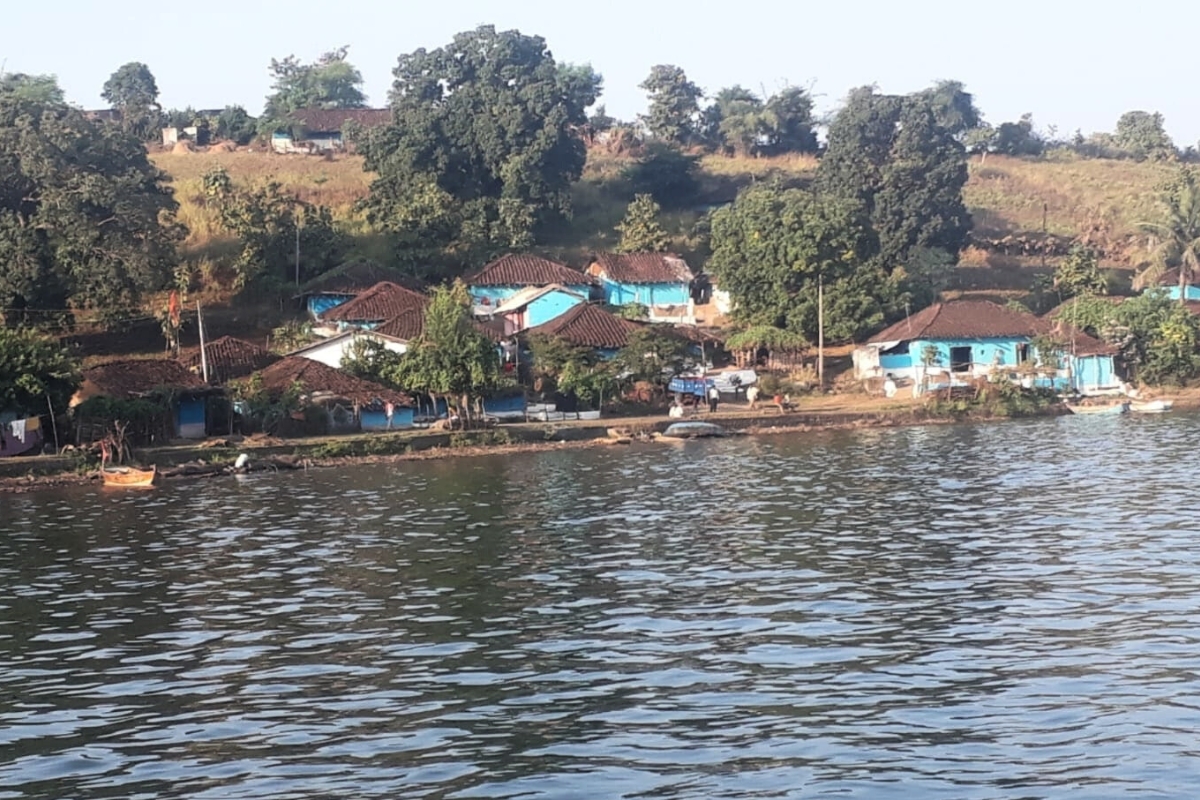Bengaluru, once known for its pleasant climate and greenery, is now experiencing environmental shifts. Experts attribute these changes to rapid urbanization, diminishing green spaces, and the decline of traditional water management systems.
Bengaluru lost lakes, greenery, temperature rose
In the 1800s, Bengaluru had around 1,452 interconnected lakes and 80% green cover, which kept summer temperatures around 14°C. These features regulated the city’s climate. However, over the years, unchecked urban expansion has led to the encroachment and pollution of many water bodies. By the 1970s, the number of lakes had reduced to 760, and now only about 216 remain. This decline disrupted natural water channels, leading to increased temperatures and frequent urban flooding.
Dr. T.V. Ramachandra from IISc Bangalore says, “The city’s summer temperatures once dipped to 14°C, thanks to a thriving ecosystem of 1,452 lakes and 80% green cover in the 1800s. But unchecked urbanization and lake encroachments have caused irreversible damage. By the 1970s, lake numbers had dropped to 760, and today, only 216 remain. The disruption of natural water channels and stormwater drains (rajakaluves) has fueled rising temperatures and frequent urban flooding.”
Dr. Ramachandra’s team mapped 193 lakes through the Bangalore Lake Information System, calling for urgent restoration efforts to prevent ecological collapse. Without action, Bengaluru risks losing its reputation as the “air-conditioned city” of India.
The city’s rapid growth has resulted in the loss of native green cover by nearly 177.2 square kilometers in the southern district. This reduction has contributed to the urban heat island effect, where urban areas experience higher temperatures than their rural surroundings. The loss of vegetation has led to decreased air quality and increased carbon emissions. A study in Advances in Environmental and Engineering Research warns that Bengaluru could transform into a “boiling cauldron” without corrective measures.
Lakes polluted, groundwater overused, water shortage
The encroachment and pollution of Bengaluru’s lakes have significantly impacted the city’s water availability. Many lakes have dried up or become contaminated, leading to a reliance on groundwater. However, overexploitation has resulted in a decline in groundwater levels, causing water shortages. A study examining citizens’ perspectives on environmental issues highlighted overexploitation of groundwater as a major concern, according to The Indian Express.
In response to environmental challenges, community initiatives have emerged to restore Bengaluru’s green cover. Organizations like SayTrees are leading efforts to plant trees and rejuvenate urban forests, aiming to mitigate urbanization and climate change effects. Research from Crowther Lab at ETH Zurich underscores the importance of trees for local communities, highlighting their role in improving air quality and providing shade.
Environmental damage causes floods, choked drains
According to Reuters, environmental degradation has caused severe infrastructure issues, including frequent flooding. In October 2024, Bengaluru experienced its heaviest rainfall in nearly three decades, resulting in flooded roads, uprooted trees, and choked drains. This event amplified concerns about the city’s unplanned expansion and inadequate stormwater management.
Environmental experts stress the need for sustainable urban planning to address these challenges. Recommendations include protecting green spaces, restoring lakes, and improving waste management. A study by the Indian Institute of Science (IISc) revealed that Bengaluru lost over 85% of its green cover from 1992 to 2009, contributing to the urban heat island effect.
Bengaluru’s environmental transformation serves as a cautionary tale about rapid urbanization without environmental considerations. The city’s challenges underscore the importance of integrating sustainable practices into urban development to preserve ecosystems, ensure water security, and maintain a livable climate for future generations.
Support us to keep independent environmental journalism alive in India.
Keep Reading
California Fires Live updates: destructive wildfires in history
Hollywood Hills burning video is fake and AI generated
Devastating wildfire in California: wind, dry conditions to blame?
Los Angeles Cracks Under Water Pressure
From tourist paradise to waste wasteland: Sindh River Cry for help
Follow Ground Report on X, Instagram and Facebook for environmental and underreported stories from the margins. Give us feedback on our email id greport2018@gmail.com.
Don’t forget to Subscribe to our weekly newsletter, Join our community on WhatsApp, and Follow our YouTube Channel






